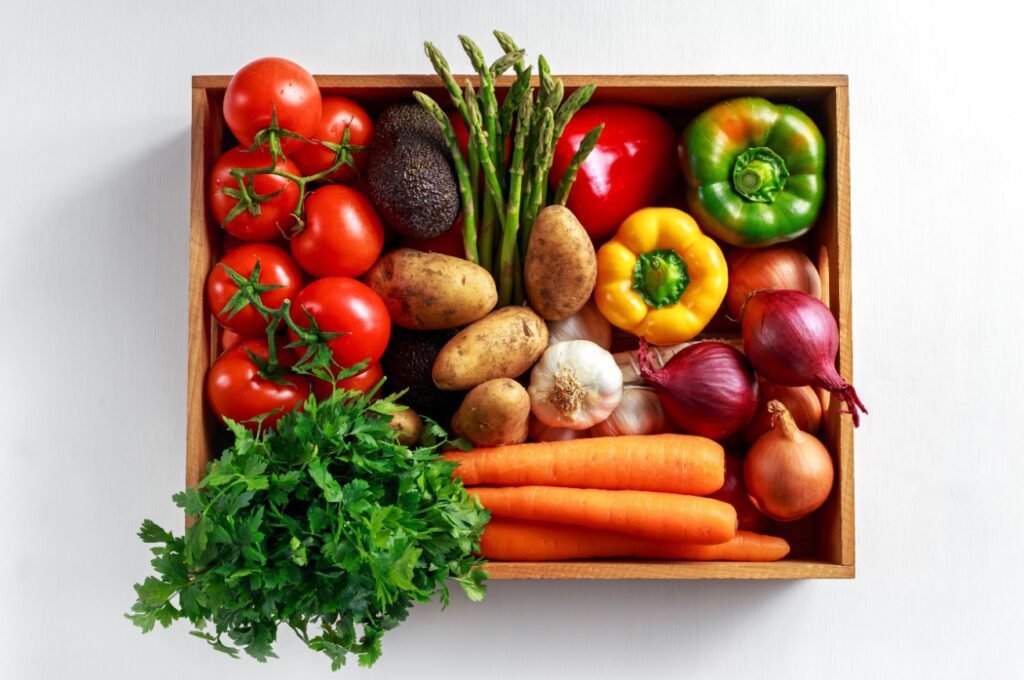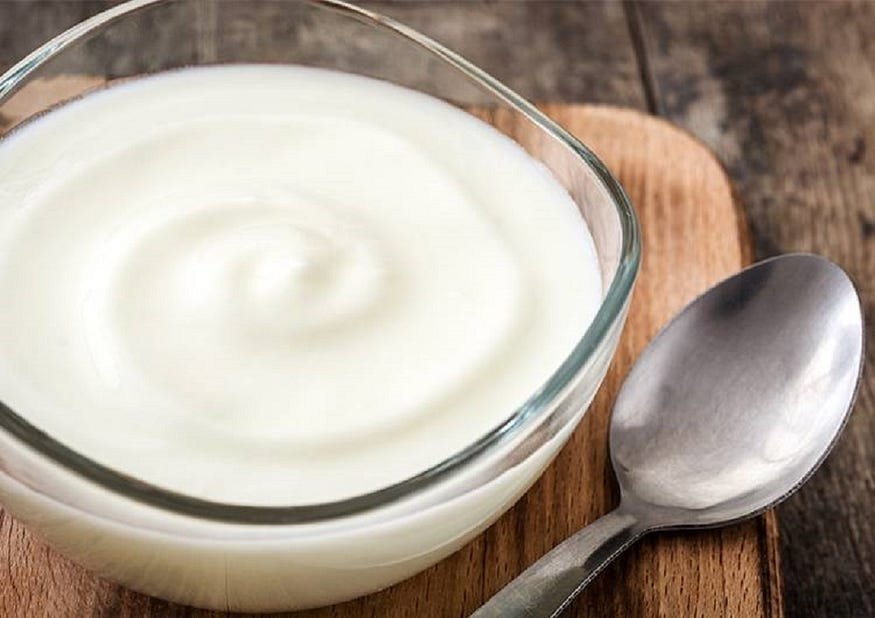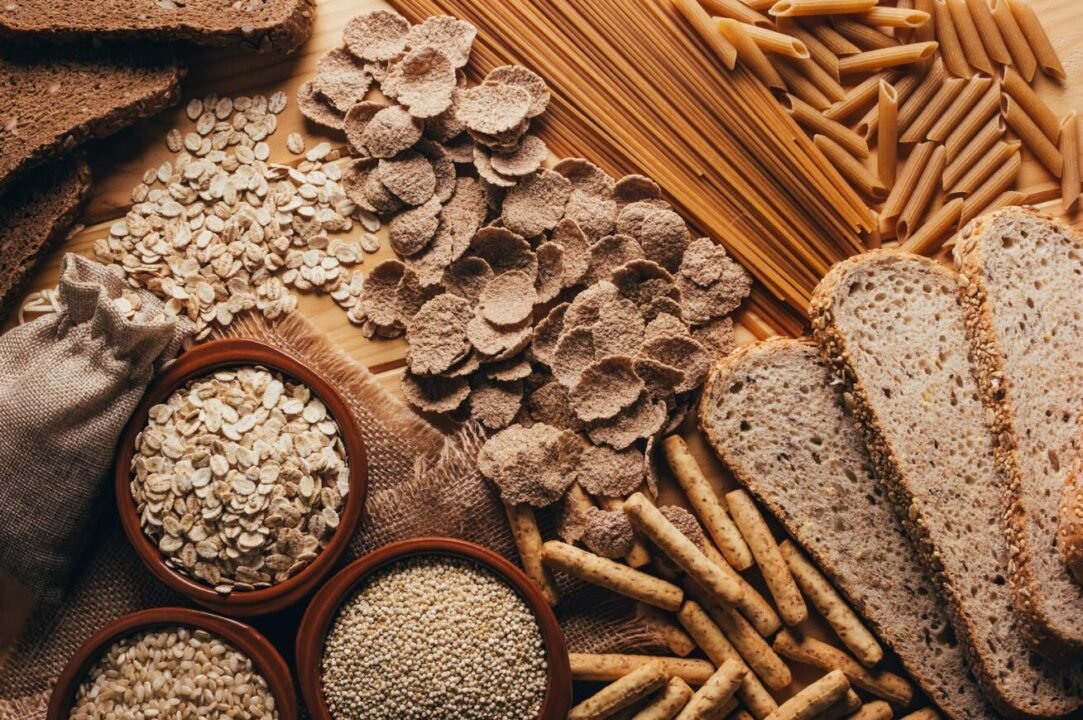The Diverticulitis Diet is a dietary strategy aimed at managing diverticulitis, a digestive condition.
It involves different stages depending on whether you’re experiencing a flare-up of inflammation or are in remission trying to prevent future issues.
When managing diverticulitis, focus on high-fiber foods like fruits, veggies, and whole grains for digestive health.
Choose lean proteins such as tofu, grilled chicken, or fish for symptom control.
Opt for healthy fats from avocado, nuts, and olive oil to support your gut. Consider low-FODMAP options and gentle veggies for ease on your digestion. Incorporate whole grains and anti-inflammatory foods like berries and leafy greens. Snack on nutrient-dense choices like yogurt parfait or vegetable soups.
These foods help manage diverticulitis symptoms effectively.
Enhancing your meals with these options can make a difference in your digestive well-being.

High-Fiber Foods
Include plenty of fruits, vegetables, and whole grains in your diverticulitis diet to guarantee an adequate intake of fiber. Fiber supplements can be beneficial to boost your fiber intake, but they may also have drawbacks such as bloating or gas.
When meal planning, focus on incorporating high-fiber recipes like quinoa salads, lentil soups, or chia seed pudding. These dishes aren’t only delicious but also help in maintaining regular bowel movements and overall gut health.
Experiment with different fruits and vegetables to keep your meals exciting and full of nutrients. By making these simple yet impactful changes, you can make sure that your diverticulitis diet is rich in fiber, promoting better digestion and reducing the risk of flare-ups.
Lean Protein Sources
To maintain a balanced diverticulitis diet, focus on incorporating lean protein sources that support your overall health and well-being.
Opt for plant-based alternatives like tofu, tempeh, or legumes, which are gentle on your digestive system. Protein powders can also be a convenient way to boost your protein intake without straining your gut.
When meal prepping, consider preparing grilled chicken, turkey, or fish in advance to have on hand for quick and easy meals. Remember, portion control is key to managing diverticulitis symptoms, so aim to include a palm-sized portion of lean protein in each meal.
By choosing lean protein sources and being mindful of your portions, you can nourish your body while supporting digestive health.
Healthy Fats
Incorporate healthy fats into your diverticulitis diet by choosing sources like avocado, nuts, and olive oil. When cooking, opt for healthier oils such as olive oil to add flavor and essential nutrients.
Remember to practice portion control to avoid overconsumption of fats, which can lead to weight gain. Avocados are a great addition to your meals, offering benefits like fiber and healthy fats that can aid in digestion.
They’re also a good source of omega-3 fatty acids, known for their anti-inflammatory properties.
Including these healthy fats in your diet not only adds variety but also supports your overall health and well-being. So, enjoy these delicious options guilt-free while taking care of your diverticulitis.
Low-FODMAP Options
When choosing low-FODMAP options for your diverticulitis diet, focus on foods that are gentle on the digestive system and help reduce discomfort. These options can be beneficial for digestive health and symptom management.
Opt for low-FODMAP fruits like strawberries, oranges, and grapes. Enjoy proteins such as chicken, turkey, and fish. Incorporate grains like rice and oats. Dairy alternatives like lactose-free products can also be a good choice.
Remember to read labels carefully and avoid high-FODMAP ingredients like garlic and onions. By selecting low-FODMAP options, you can support your digestive health and manage symptoms effectively.
Experiment with different foods to find what works best for you while enjoying the freedom of choice in your diet.

Gut-Friendly Vegetables
When it comes to gut-friendly vegetables, you should focus on the best vegetable choices and explore different cooking methods for veggies.
By selecting the right vegetables and preparing them in ways that are gentle on your digestive system, you can support your gut health while enjoying a variety of tasty dishes.
Incorporating these practices into your diet can help you manage diverticulitis symptoms and promote overall well-being.
Best Vegetable Choices
For a gut-friendly diet that supports your digestive health, consider adding these best vegetable choices to your meals. Opt for seasonal varieties to enjoy the freshest produce with maximum nutritional benefits.
When it comes to preparing vegetables, try roasting them for a delicious caramelized flavor or steaming them to retain their natural crunch and nutrients.
Some excellent vegetable options include leafy greens like spinach and kale, which are rich in fiber and easy on the digestive system. Bell peppers, zucchini, and carrots are also great choices as they provide essential vitamins and minerals.
Experiment with different vegetables to find what works best for your gut and taste preferences.
Cooking Methods for Veggies
To prepare gut-friendly vegetables, consider utilizing cooking methods that retain their natural nutrients and flavors. When roasting veggies, lightly coat them with olive oil, sprinkle with your favorite seasonings, and bake at high heat for a delicious caramelized taste.
Steaming vegetables is a great way to preserve their nutrients; simply place them in a steamer basket over boiling water until tender.
If you prefer grilling, try marinating your veggies beforehand to enhance their taste and prevent them from sticking to the grill.
For a quick and flavorful option, sauté your vegetables in a pan with a bit of olive oil and garlic. Experiment with these cooking techniques to enjoy a variety of gut-friendly vegetable dishes.
Hydration Importance
Staying well-hydrated is essential for managing diverticulitis and promoting overall digestive health. Maintaining electrolyte balance by drinking enough water is important.
Hydration tips include sipping water throughout the day, carrying a reusable water bottle, and flavoring water with lemon or cucumber for added interest.
Fluid requirements vary, but aiming for around eight 8-ounce glasses daily is a good start. Dehydration can worsen constipation, a common issue with diverticulitis, so staying hydrated helps keep things moving smoothly.
Remember, hydrating doesn’t mean just drinking water; watery fruits like watermelon and vegetables like cucumbers also contribute.
Make hydration a priority to support your digestive system and overall well-being.
Probiotic-Rich Foods
You should consider adding probiotic-rich foods to your diet as they can help maintain a healthy gut. These foods contain beneficial bacteria that support your digestive system.
Some of the best sources of probiotics include:
- Yogurt
- Kefir
- Sauerkraut
- Kimchi
Gut-Friendly Probiotics
Incorporate gut-friendly probiotics into your diet by enjoying a variety of probiotic-rich foods such as yogurt, kefir, and sauerkraut.
These foods are packed with beneficial bacteria that can help support your gut health.
If you’re not a fan of these options, you can also consider probiotic supplements or other fermented foods. Probiotic supplements offer a convenient way to boost your probiotic intake, while fermented foods like kimchi and miso can add a flavorful twist to your meals.
Best Probiotic Sources
For those looking to enhance their gut health, consider including probiotic-rich foods like yogurt, kefir, and sauerkraut in your daily diet.
These foods are packed with beneficial bacteria that can help improve your digestive system.
If you prefer a convenient option, probiotic supplements are also available and have shown promising results in some research findings. Additionally, homemade probiotic foods can be a fun and cost-effective way to incorporate these healthy bacteria into your diet.
The fermentation process involved in making homemade probiotic foods like kimchi or kombucha can be not only rewarding but also allows you to control what goes into your gut-boosting creations.
Experiment with different probiotic sources to find what works best for you.

Whole Grains
Whole grains offer essential nutrients and fiber that can benefit your digestive health when managing diverticulitis. Opt for whole grain options like brown rice, quinoa, whole wheat pasta, and oats to reap their nutritional benefits.
These grains are rich in fiber, which aids digestion and helps prevent constipation, a common issue with diverticulitis.
When cooking whole grains, try methods like boiling, steaming, or baking instead of frying to keep them light and healthy.
Anti-Inflammatory Choices
Selecting anti-inflammatory foods is vital for managing diverticulitis and promoting gut health.
When meal planning, opt for colorful fruits and vegetables like berries, cherries, and leafy greens, which are rich in antioxidants and help reduce inflammation.
Experiment with flavorful spices such as turmeric, ginger, and garlic to enhance the taste of your dishes while providing anti-inflammatory benefits. Incorporating fatty fish like salmon and nuts like almonds into your diet can also help combat inflammation.
Remember to choose whole, minimally processed foods to maximize the anti-inflammatory effects. By making these mindful choices, you can support your gut health and reduce inflammation, which are essential for managing diverticulitis effectively.
Snack Ideas
When looking for snack ideas to support your diverticulitis management, consider incorporating nutrient-dense options that are gentle on your digestive system.
Opt for easy recipes and quick snacks that are both delicious and beneficial for your condition.
Try making a yogurt parfait with low-fiber fruits like bananas or canned peaches, or enjoy a smooth nut butter spread on a rice cake for a satisfying treat. Other great options include homemade vegetable soups or a small portion of well-cooked quinoa mixed with cooked vegetables.
These snacks aren’t only simple to prepare but also provide essential nutrients to help you feel energized and satisfied throughout the day while keeping your diverticulitis in check.

In Closing
When managing diverticulitis, it’s important to focus on a diet rich in high-fiber foods, lean proteins, healthy fats, and gut-friendly vegetables. Including probiotic-rich foods, whole grains, and anti-inflammatory choices can also help prevent flare-ups and promote gut health.
Remember to listen to your body and make adjustments as needed to find what works best for you. Stay mindful of your diet and enjoy a variety of nutritious foods to support your overall well-being.
